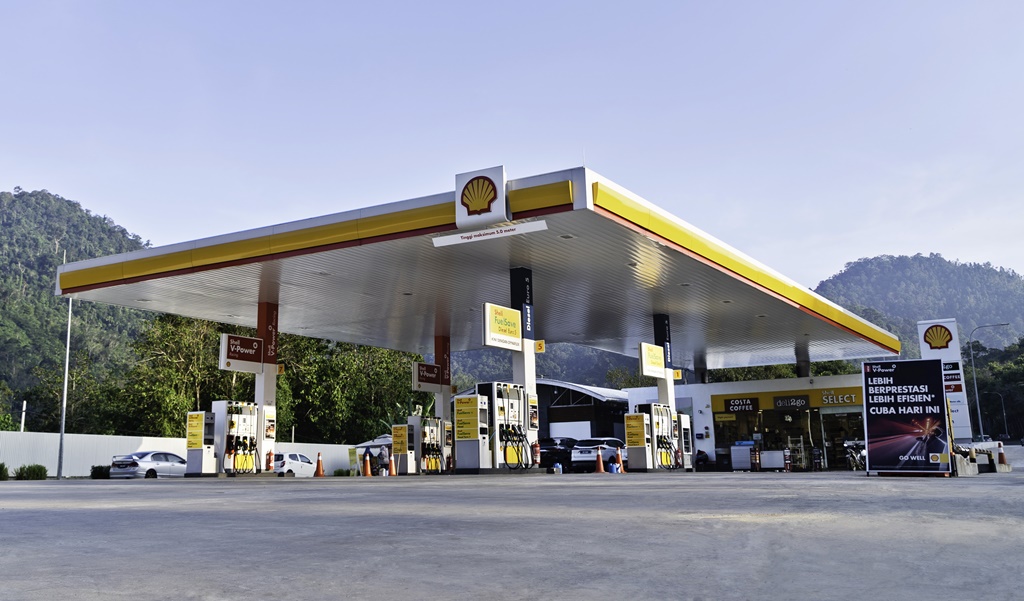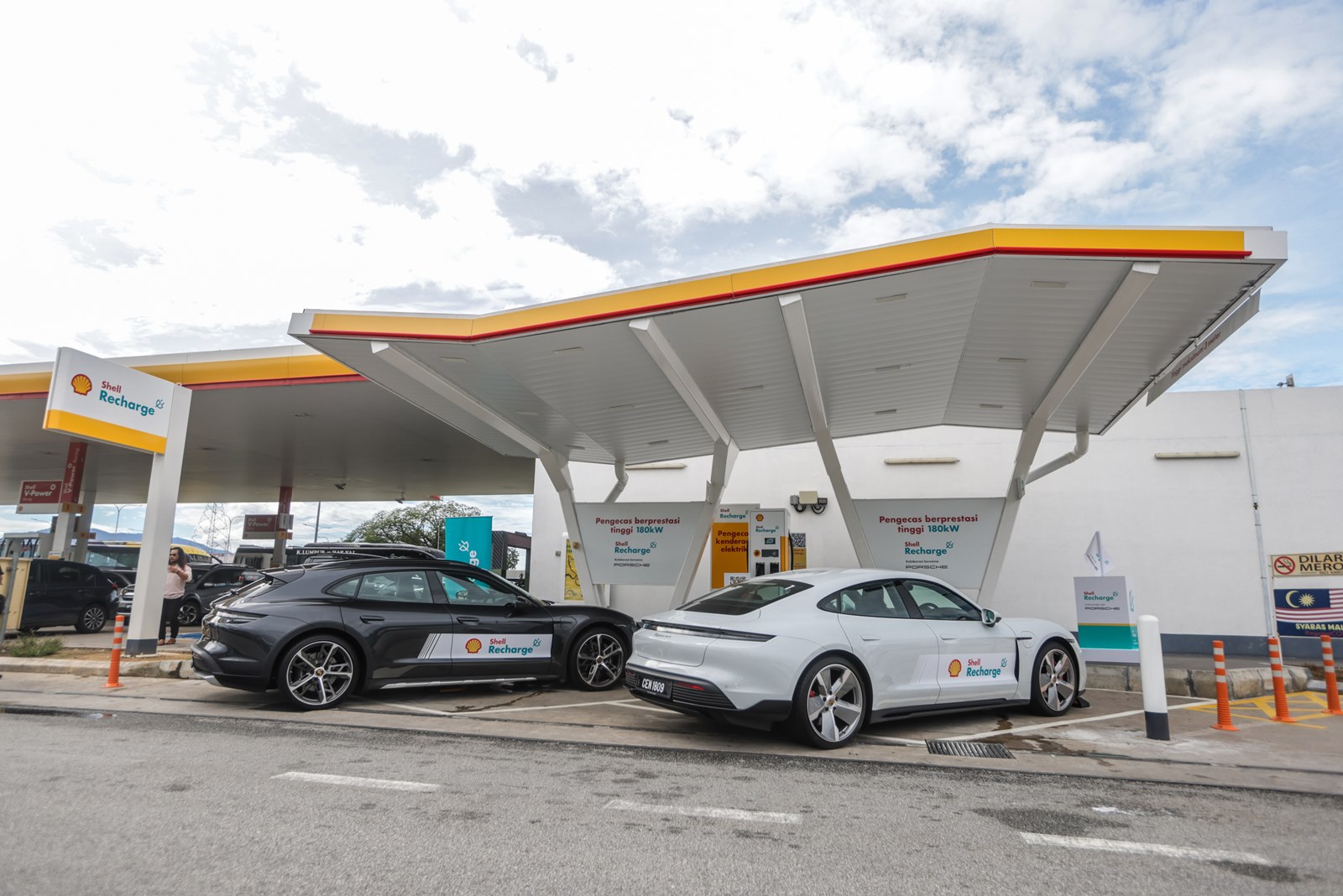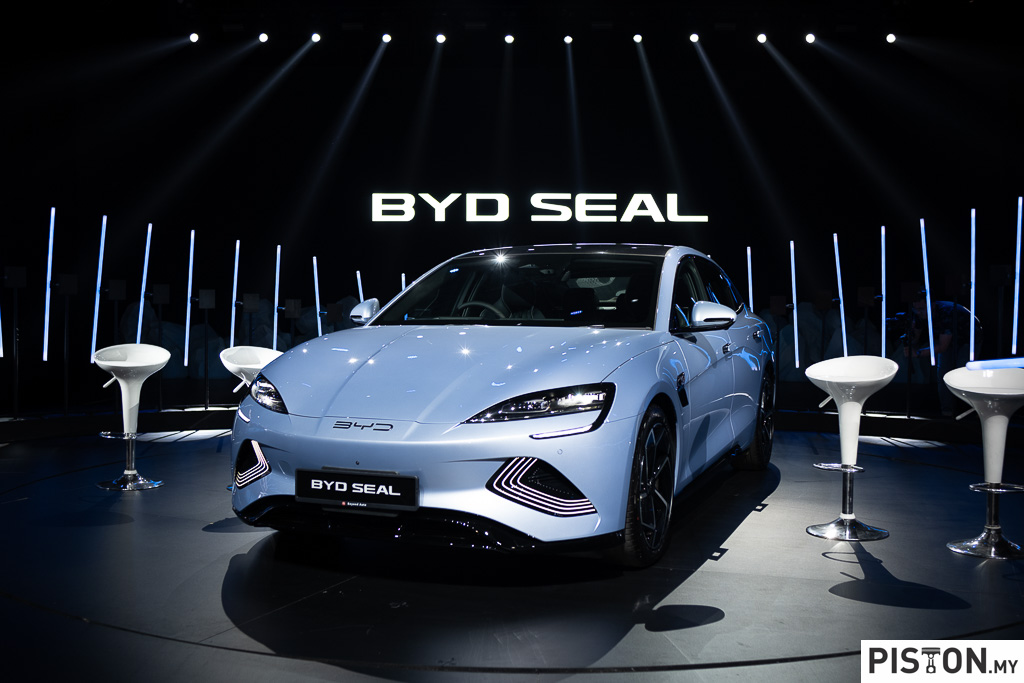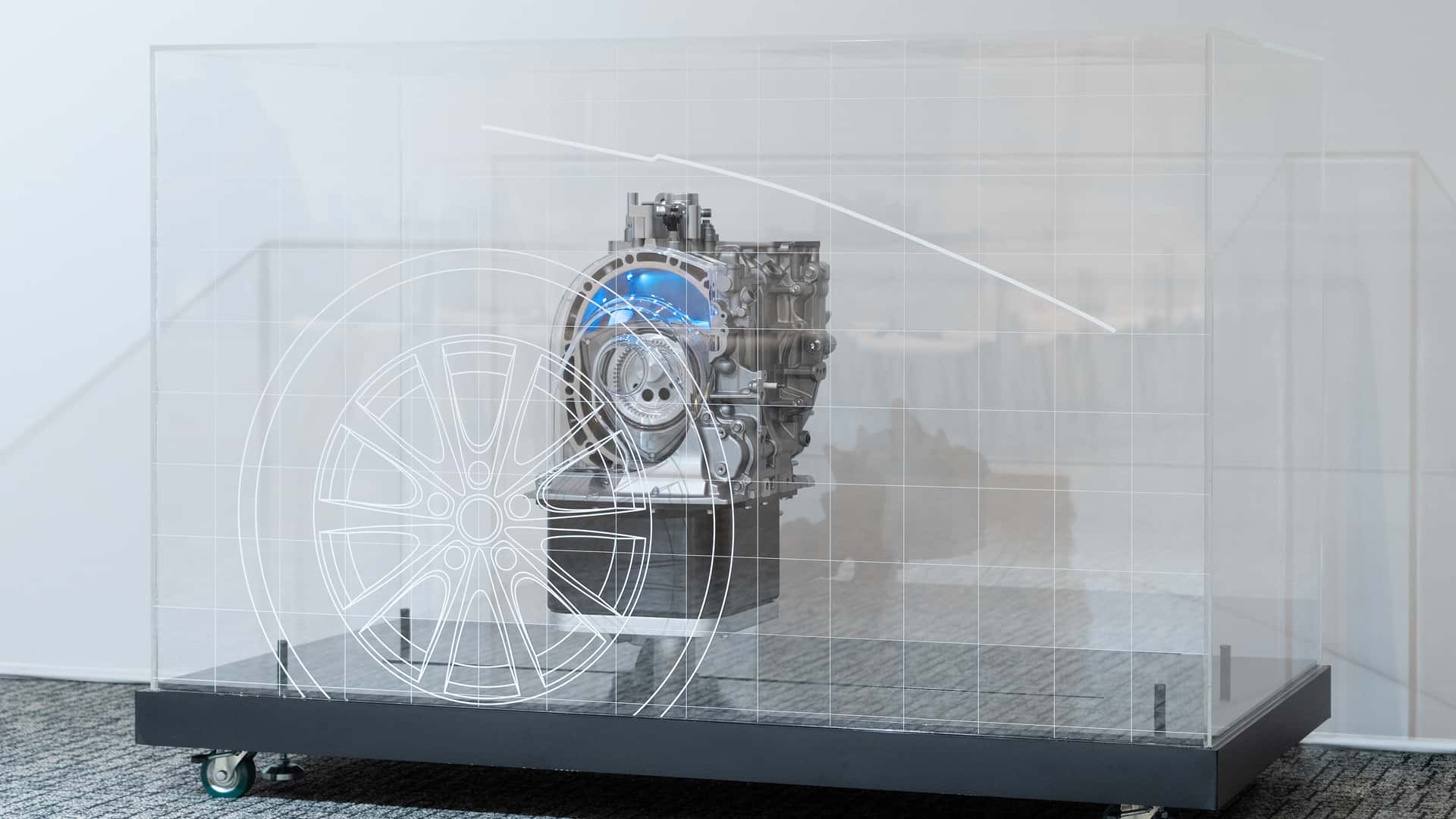Energy giant Shell has announced a significant shift in its energy transition strategy, revealing plans to divest some of its retail locations, including gasoline stations, in favour of expanding its electric vehicle (EV) charging infrastructure.
In its 2024 Energy Transition Strategy report, Shell outlined its intention to upgrade its retail network by expanding electric vehicle charging and convenience offerings to meet evolving customer needs. The company aims to divest approximately 500 Shell-owned sites annually in 2024 and 2025, totalling a 2.1% reduction in its retail footprint. This move comes as part of Shell’s broader strategy to focus more on low-carbon energy solutions.
To support its expansion into the EV charging market, Shell intends to invest more in public charging infrastructure, particularly in regions like China and Europe, where the EV market is more developed and demand for public charging stations is high. Shell aims to increase the number of charge points from the current 54,000 to 200,000 by 2030.
The company acknowledges the importance of public charging infrastructure, stating that it will be “needed most by our customers.” While home charging initiatives are popular in regions like North America, Shell sees greater potential in expanding public charging networks to cater to the growing EV market.
In the US, Shell has already made significant strides in bolstering its EV charging presence through acquisitions like Volta, which provided the company with one of the largest charging networks in the country. Currently, Shell operates over 3,700 charging stations in the US, with multiple charging plugs at each location. However, this pales in comparison to Tesla’s extensive network, which boasts around 6,000 charging stations with over 15,000 DC fast-charging plugs and thousands of Level 2 chargers.
Despite a recent slowdown in EV demand in the US, Shell remains committed to investing in the global energy transition. The company highlights its investments in China’s EV industrial base, particularly in cities like Shenzhen and Wuhan, as evidence of its dedication to supporting the shift towards cleaner transportation alternatives.
Shell’s decision to prioritise EV charging infrastructure reflects the growing importance of sustainable mobility solutions in the transition towards a low-carbon future. By divesting retail locations and ramping up investments in EV charging, Shell aims to play a leading role in shaping the future of transportation while reducing its environmental footprint.



















